The Importance of Nature Journaling
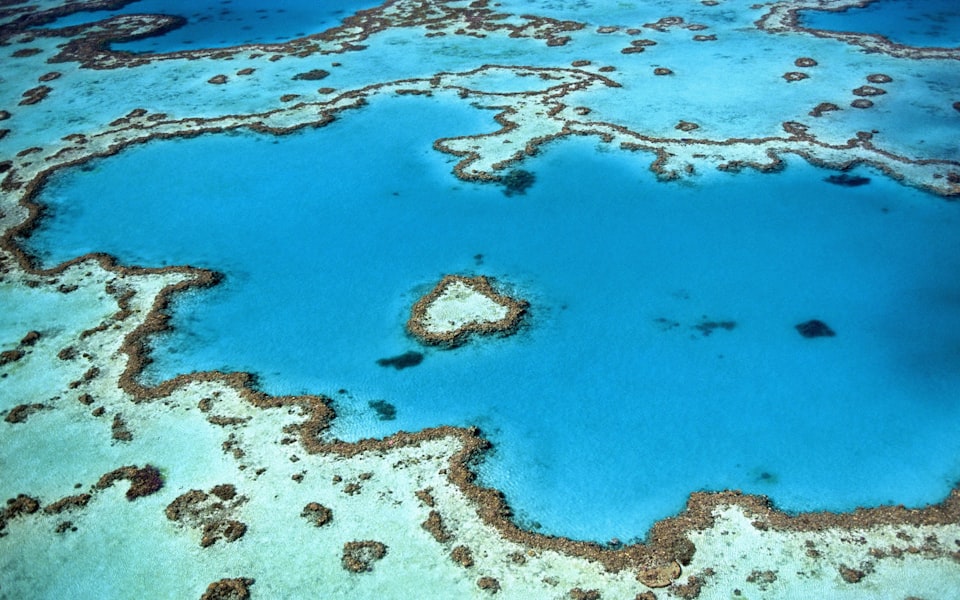
How can going out for a walk and doing some sketching or writing a poem be important? Let's look a little deeper at what happens during nature journaling and why we might want to make space and time for it in our lives.
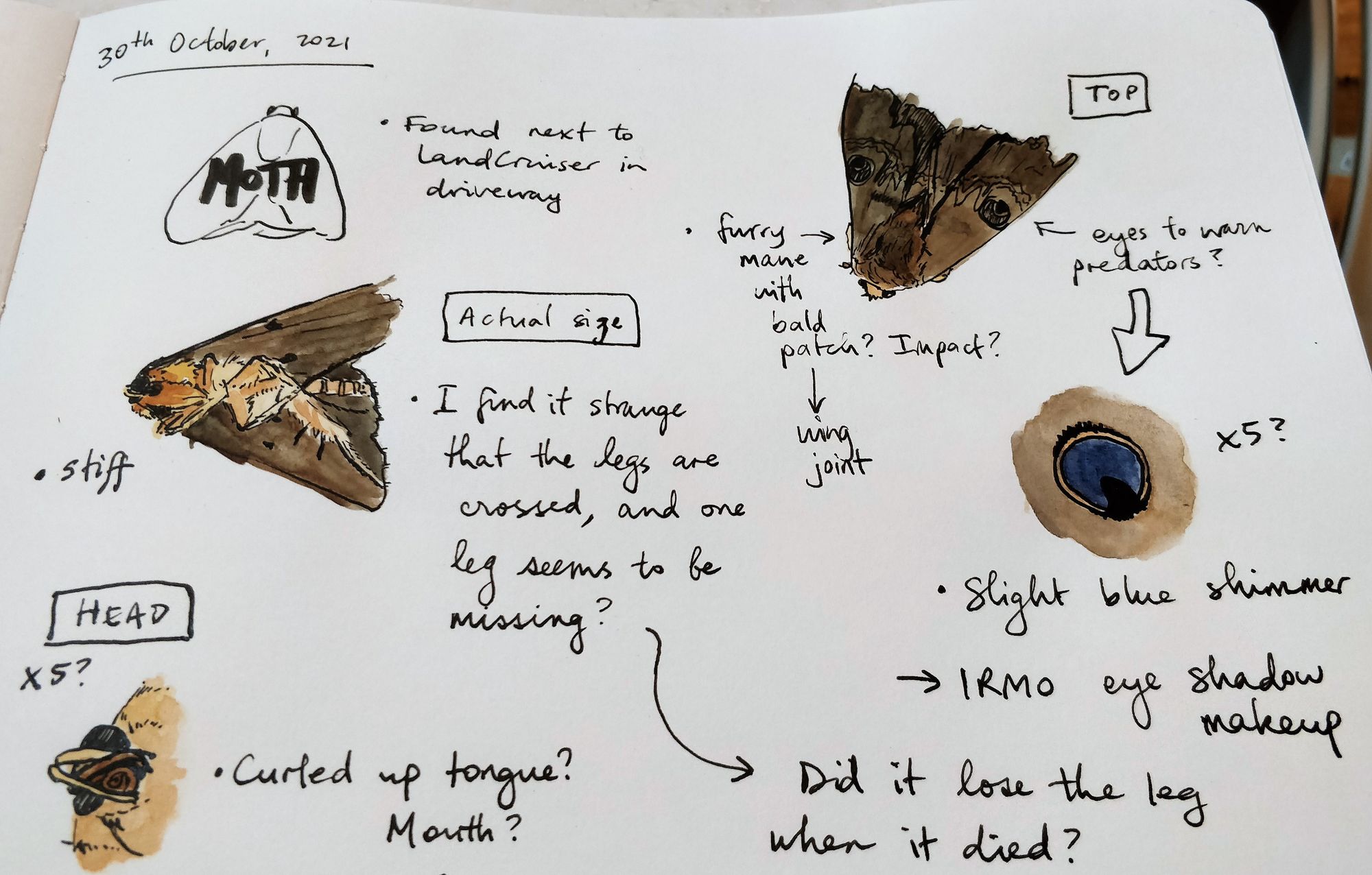
Nature journaling itself might not be important, but doing it as an activity might be important for us. Why? That depends on what we deem important of course, but if you believe that you should look after your mind and body, learn more about the world we live in and perhaps invest in a creative activity or spend more time in nature, then I'll explain how nature journaling can achieve this.
Firstly the act of slowing down to appreciate and observe (as well as record) something forces us to become more aware and present. By taking the time to do this, even if its just 5 minutes, our heart rates slow and with it, our minds. A common exercise in mindfulness is to focus on the breath to reduce stress by stilling restless thoughts. Focusing on something external, such as the shape of an object, or listening to the sounds around us, has the same outcome of moving away from the thinking mind to being more present.

Likewise, the act of recording improves our memory and learning. Simply taking a photograph of a place or object won't have the same effect as drawing or writing about it.

This active interaction helps to embed it more deeply in our minds. Passive activities such as taking a photo don't bring back memories as vividly as reflecting through a travel diary or sketchbook, since writing and drawing actively require observing and making decisions on what to record. These decisions, along with taking more than a moment to do them, are what solidify the experiences and learning.
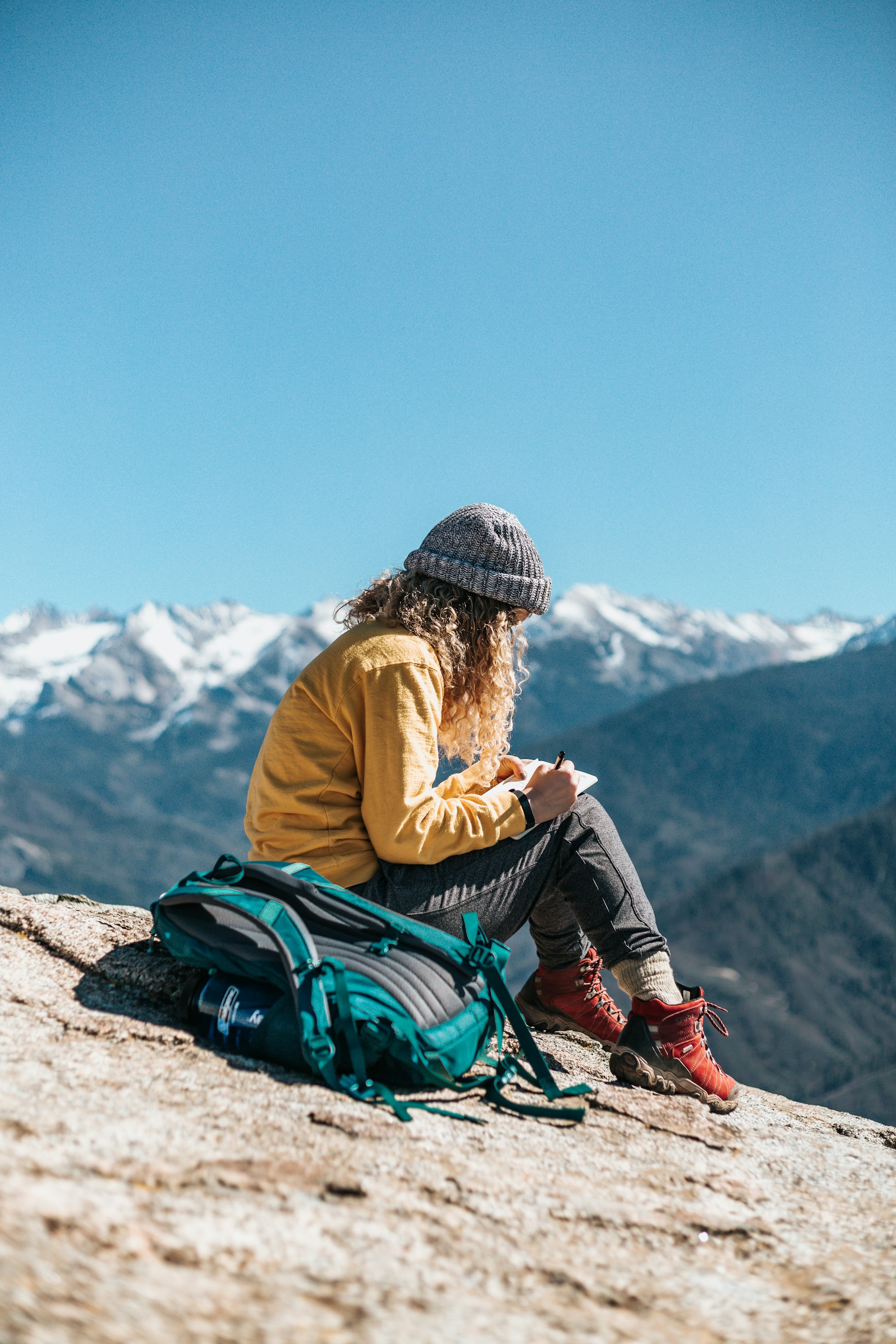
Active learning is another mental benefit of nature journaling beyond slowing down and recording. Using curiosity as a tool to drive enquiry encourages processing new knowledge and storing it in a meaningful manner that integrates with our prior knowledge for easy retrieval, i.e. better memory. It might feel awkward at first but continually asking questions and hypothesising trains our scientific thinking skills too. Approaching something with a beginner's mind allows us to notice details that would normally be skipped over or missed completely. In other words, we're using our brains.
I believe it's important to look after our mind and body, and nature journaling is an activity that combines both mental and physical work. Being around green spaces is so beneficial for our physical and mental health that doctors even prescribe it. Just looking after a pot plant can boost our mood. Of course, adding more vigorous movement such as going for longer walks or hikes improves our fitness and provides additional mental health benefits on top of the physical ones.
If we draw in our nature journals then inevitably it will lead to improved drawing accuracy. Any practice in drawing, especially from life, will enhance our technical drawing skills and acuity in observation. Building the hand-eye coordination (i.e. motor skills) and observing subjects in 3D instead of from 2D photos helps us build our mental reference libraries (i.e. how to draw them from memory).
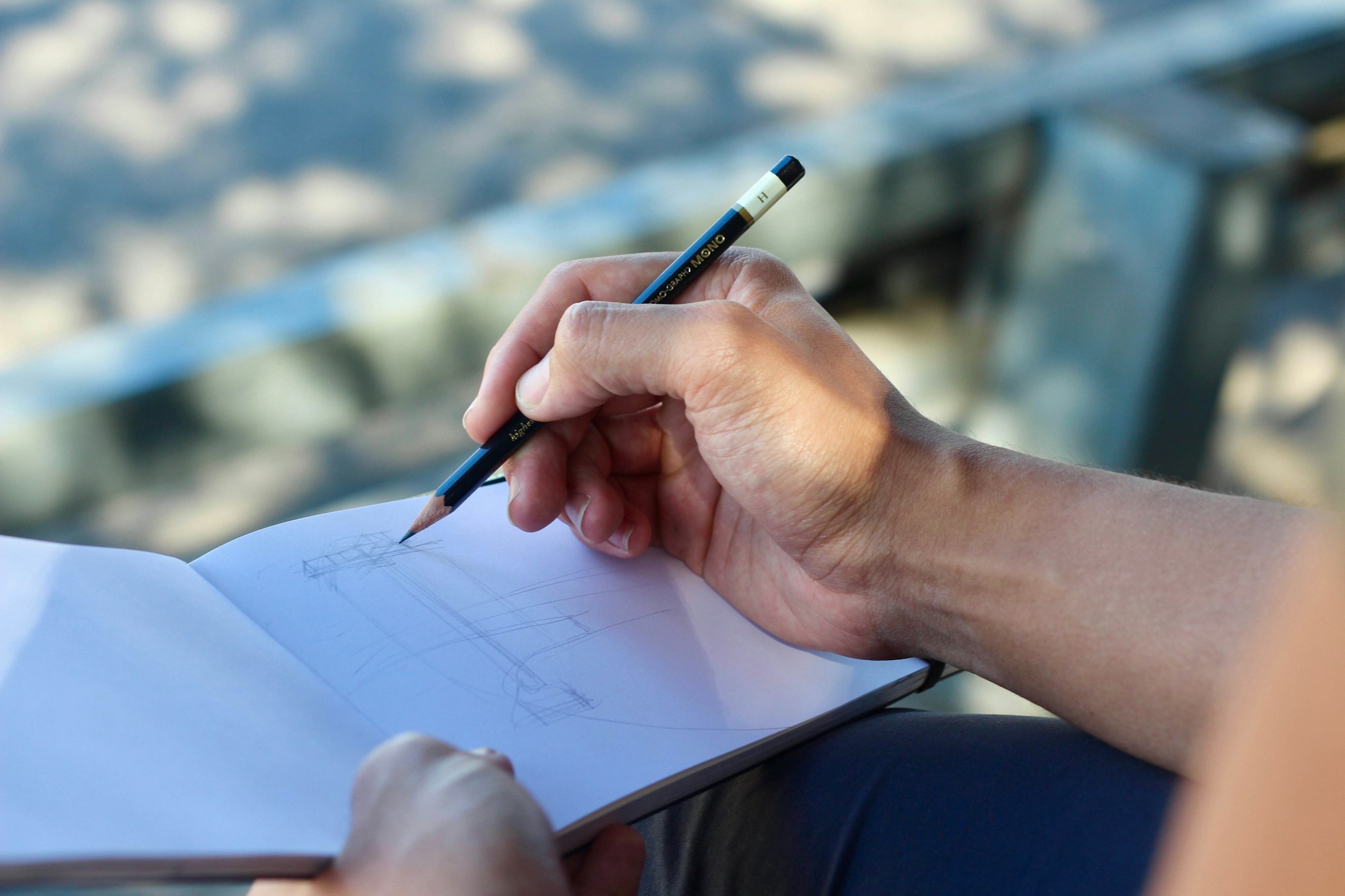
Finally, let's not forget the benefits to the heart and the planet. Just connecting with our natural surroundings can bring a smile to the face and peace in our hearts, for no apparent reason other than experiencing life. Sometimes we just need a little alone time to recharge and its important to set aside time for ourselves to do this. Watching nature do its thing (almost despite human activity) reminds us that the world goes on and we are but a small part of this ever-changing planet, which is oddly comforting.
Connecting to nature also increases our environmental awareness, at a time when we desperately need to act to preserve our planet. Finally, by nature journaling with others we are setting an example that our environment should be lived in, treasured and protected. What we see today might be gone tomorrow if we don't look after it now.
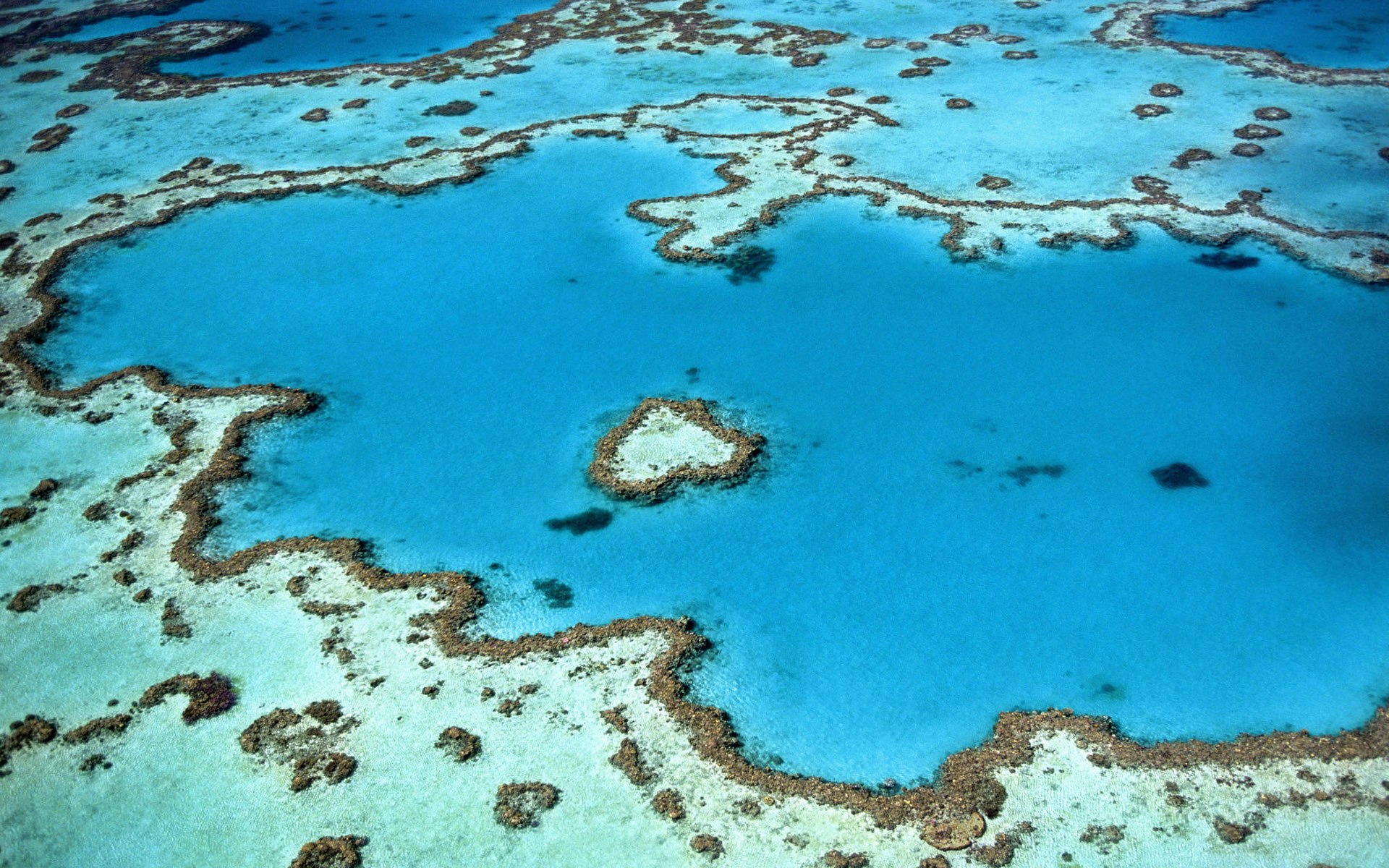


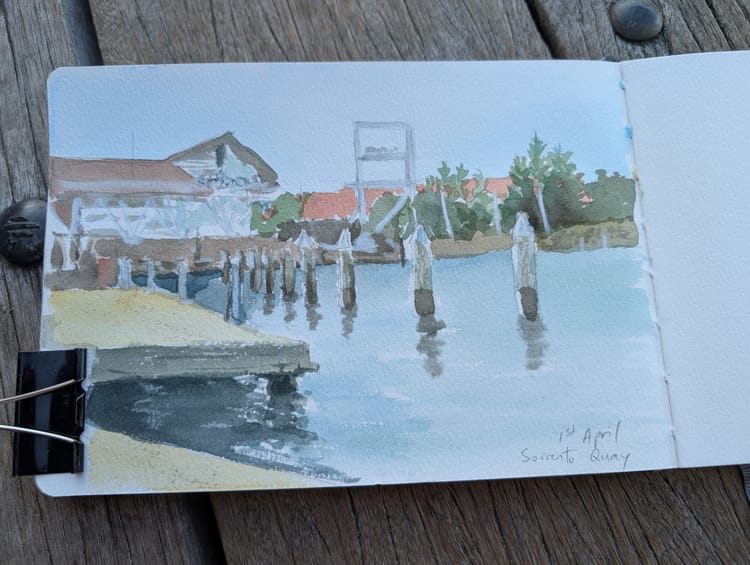
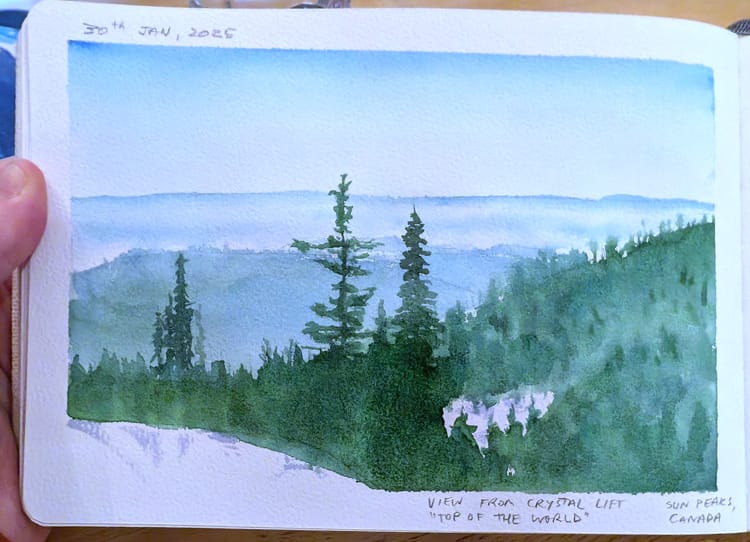
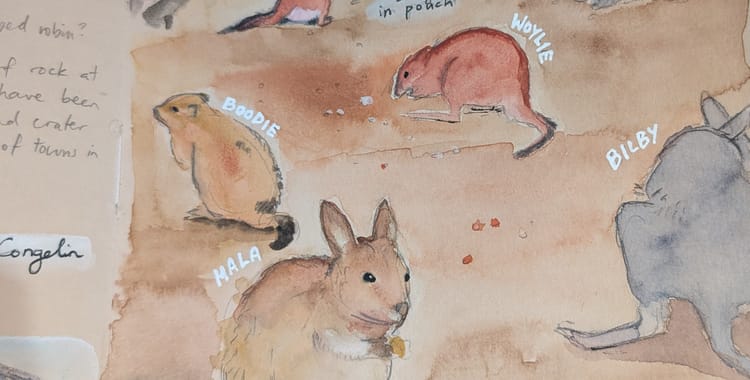
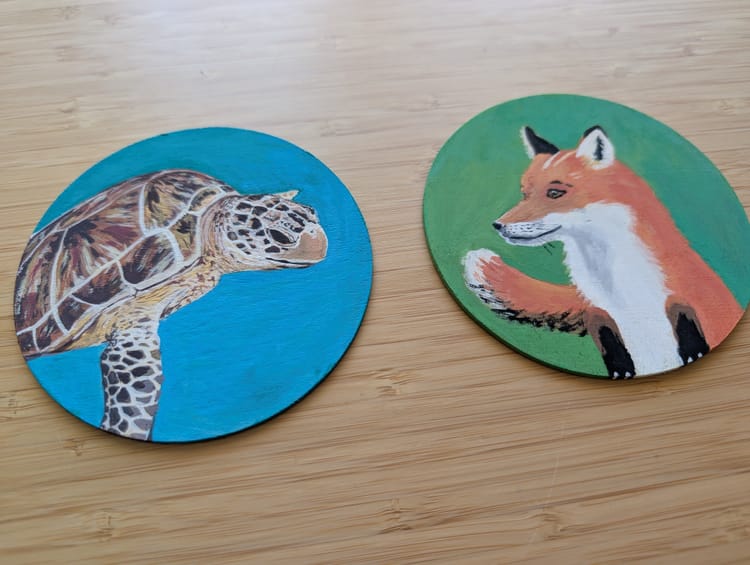
Member discussion